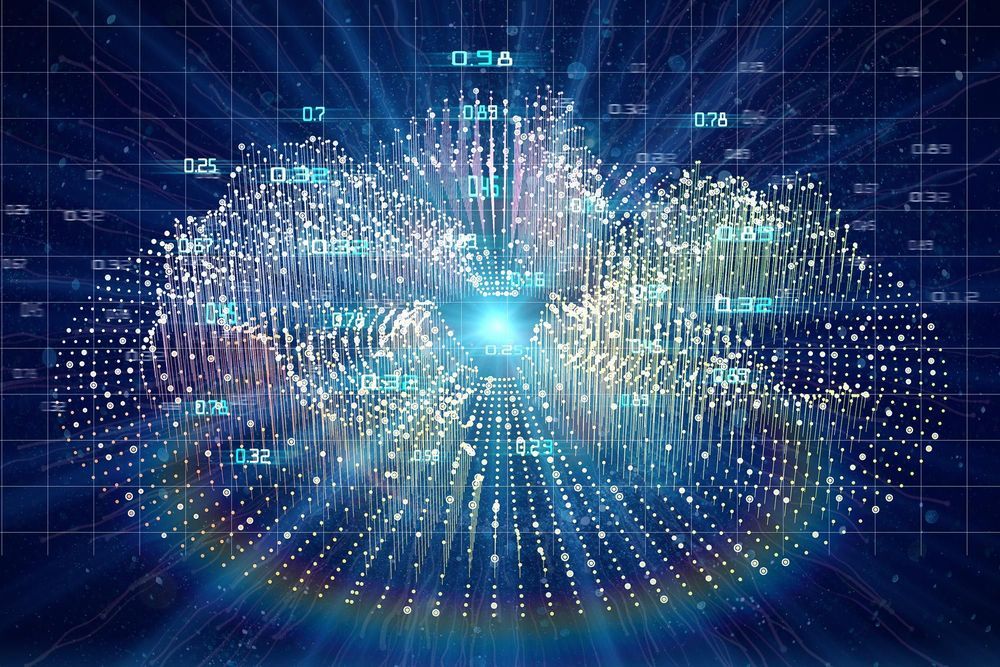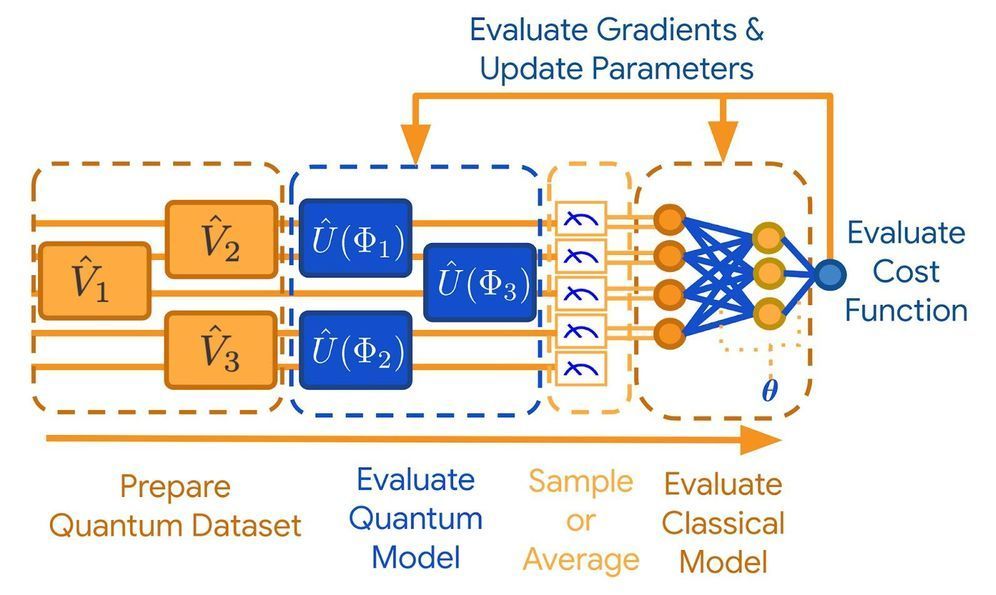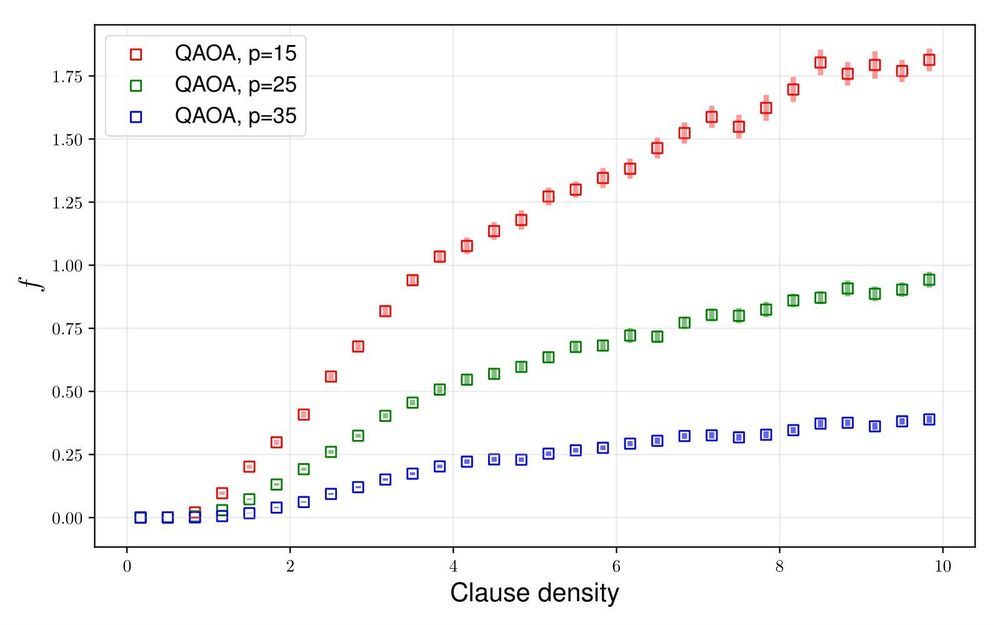:oooo.
A research team from ITMO University, with the help of colleagues from MIPT (Russia) and Politecnico di Torino (Italy), has predicted a novel type of topological quantum state of two photons. Scientists have also applied a new, affordable experimental method for testing this prediction. The method relies on an analogy: Instead of expensive experiments with quantum systems of two or more entangled photons, the researchers have used resonant electric circuits of higher dimensionality described by similar equations. The obtained results can be useful for the engineering of optical chips and quantum computers without the need for expensive experiments. The research was published in Nature Communications.
Light plays a key role in modern information technologies: With its help, information is transmitted over large distances via optical fibers. In the future, scientists anticipate the invention of optical chips and computers that process information with the help of photons—light quanta—instead of electrons, as it is done today. This will decrease energy consumption, while also increasing the capabilities of computers. However, to turn these predictions into reality, fundamental and applied research of light behavior at the micro- and nanoscale is needed.
In the new study, the researchers have theoretically predicted the formation of a new quantum state of photons: Two photons propagating in the array of quantum microresonators (qubits) can form a bound pair and settle down on the edge of the array. A proper experiment demands special nanostructures, as well as special devices to create such quantum state of photons and detect it. Currently, such capabilities are available only to very few research teams worldwide.







